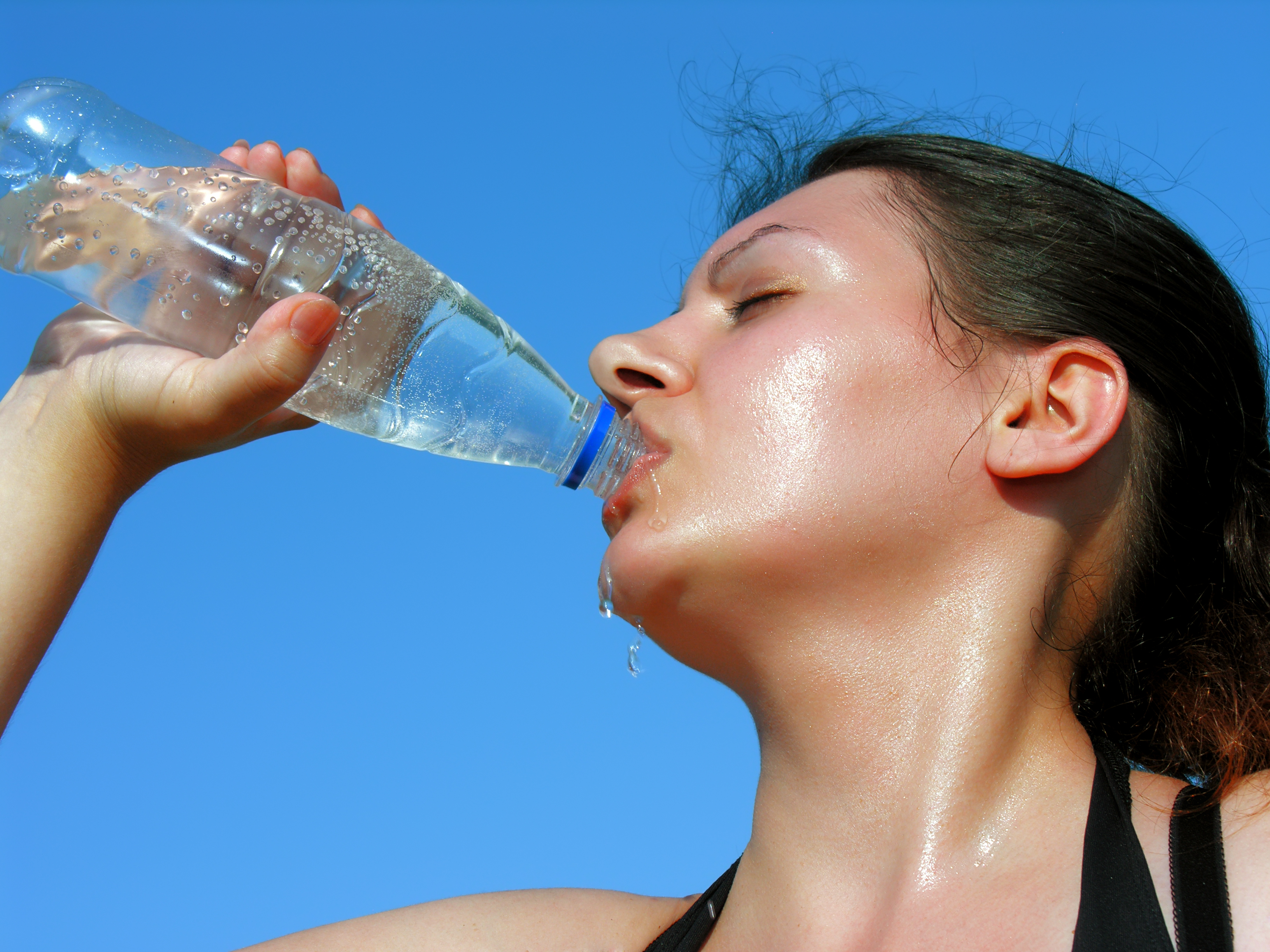Heat exhaustion is a heat-related illness that can occur after you’ve been exposed to high temperatures. It is often accompanied by dehydration.

Heat exhaustion is a heat-related illness that can occur after you’ve been exposed to high temperatures. It is often accompanied by dehydration.
TYPES
There are two types of heat exhaustion:
Although heat exhaustion isn’t as serious as heat stroke, it isn’t something to be taken lightly. Without proper intervention, heat exhaustion can progress to heat stroke, which can damage the brain and other vital organs, and even cause death.
SYMPTOMS
The most common signs and symptoms of heat exhaustion include:
TREATMENT
If you, or anyone else, has symptoms of heat exhaustion, it’s essential to immediately get out of the heat and rest, preferably in an air-conditioned room. If you can’t get inside, try to find the nearest cool and shady place.
Other recommended strategies include:
If such measures fail to provide relief within 15 minutes, seek emergency medical help, because untreated heat exhaustion can progress to heat stroke.
After you’ve recovered from heat exhaustion, you’ll probably be more sensitive to high temperatures during the following week. So it’s best to avoid hot weather and heavy exercise until your doctor tells you that it’s safe to resume your normal activities.
PREVENTION
When the heat index is high, it’s best to stay inside in air conditioning. If you must go outdoors, you can prevent heat exhaustion by taking these steps:
Overview and FactsTypes and SymptomsDiagnosis & MedicationsOverview and Facts Tetralogy of Fallot is a congenital heart defect that affects the [...]
Overview and FactsTypes and SymptomsDiagnosis & MedicationsOverview and Facts Trichinosis, also known as trichinellosis, is a parasitic infection caused by [...]
Overview and FactsTypes and SymptomsDiagnosis & MedicationsOverview and Facts Trigeminal neuralgia is a neurological condition characterized by severe facial pain. [...]